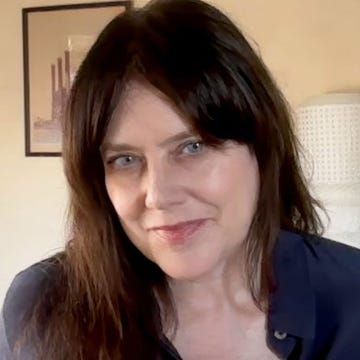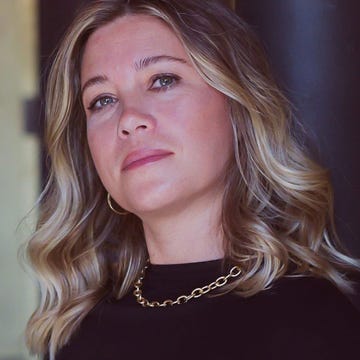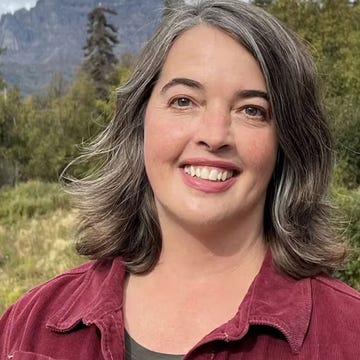As genderqueer Uruguayan American novelist Caro De Robertis started doing interviews for So Many Stars: An Oral History of Trans, Nonbinary, Genderqueer, and Two-Spirit People of Color, which came out in May, they realized, they tell me, that they had been informally doing the work of “deep listening to members of communities and gathering testimony, bearing witness to people’s lived reality” for years. Research for their novel Cantoras (2019), which chronicles five queer women’s lives during and beyond the Uruguayan dictatorship, entailed 15 years of listening to queer Uruguayan women a generation older than them.
So Many Stars began after De Robertis was awarded a fellowship in 2020 to gather oral histories of queer and trans BIPOC elders of the West Coast for Jacqueline Woodson’s I See My Light Shining project. De Robertis and the other nine fellows were taught “ways to frame questions that can support people to feel safe and anchored enough to go back and dip into their memories and pull forward stories that they didn’t even realize had depth and significance.”
This article appears in Issue 32 of Alta Journal.
SUBSCRIBE
Early on, De Robertis was particularly struck by the remarkable testimonies of trans and gender-nonconforming elders and wanted these stories to be “in the world in all the ways possible.” The writer decided to weave together excerpts from those interviews to create So Many Stars, a moving and fluid “collage” of 20 narratives. “The idea was to place these people’s voices in thematic conversation with each other, so that it could even feel like they were in the same room talking.”
The book is divided into four parts: “Emergence,” “Forging Lives,” “Being the Change,” and “Horizons,” each of which is subdivided into themed sections like “Glimmers in Childhood,” “Chosen Family,” and “Thoughts for Younger Generations.” De Robertis shaped and arranged excerpts to produce a narrative arc. They explain, “I want readers to be able to have the experience of having ridden the waves, ridden the roaring rapids of a story.”
While doing the interviews, De Robertis was in a transitional period. Their marriage had ended, and during the divorce, they wrote in a little studio, something of a writing cave. One of the ways De Robertis anchors in different writing spaces like the studio is by taping to the wall the pictures of six writing ancestors: Audre Lorde, James Baldwin, Toni Morrison, Leslie Feinberg, Virginia Woolf, and Gloria Anzaldúa. While De Robertis’s kids were at home during the pandemic and writing felt impossible, the author also printed and hung a photograph of Morrison writing while sitting between her two sons.
De Robertis found putting together So Many Stars and bearing witness to people’s stories as a genderqueer person to be a healing experience. There were also wrenching stories and “moments of hard-earned triumph” that left De Robertis feeling scraped raw because of the “intensity with which it resonated” with something inside them. They brought to some of those testimonies their insights from holding space for others at a rape crisis center in their 20s.
While there were moments of identification with narrators, there were also moments when De Robertis, whose books are often deeply empathetic, was honored to witness something outside their own personal experience. “It’s important to move in community in ways that not only acknowledge connection but also acknowledge what we don’t know.”
“I fervently hope that this book will offer some nourishment and tools for continuing on to everyone and anyone who is feeling despair about where we are as a society right now,” De Robertis remarks. “I continue to believe in the power of books and the power of storytelling and of voice lifting and truth sharing in being able to weave not only the future that we want to see, but the future we need for our survival.”•
Anita Felicelli is Alta Journal ’s books editor and the author of How We Know Our Time Travelers, Chimerica, and Love Songs for a Lost Continent.













